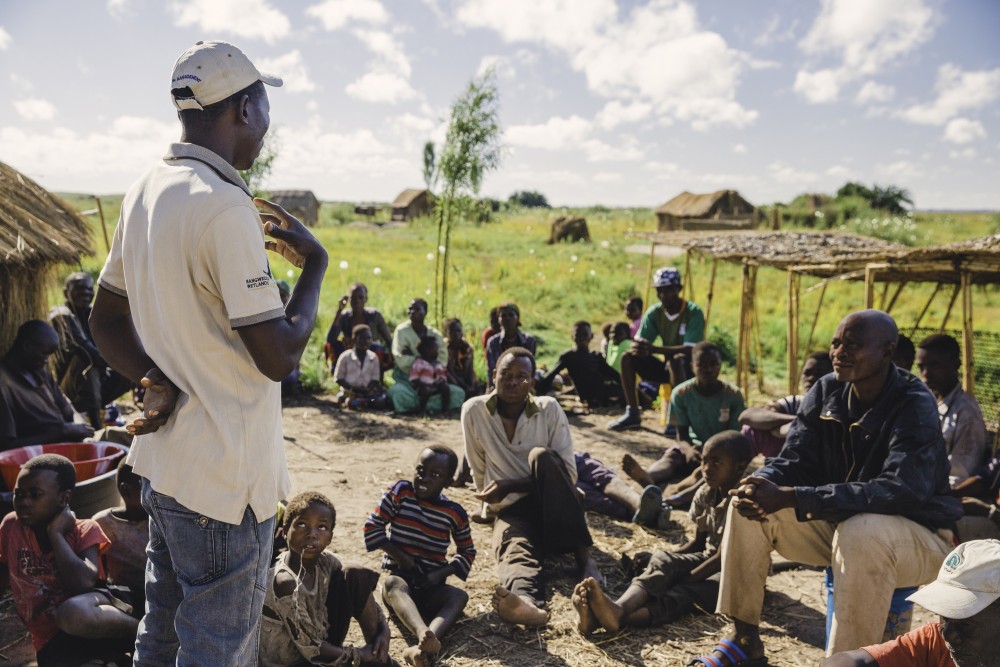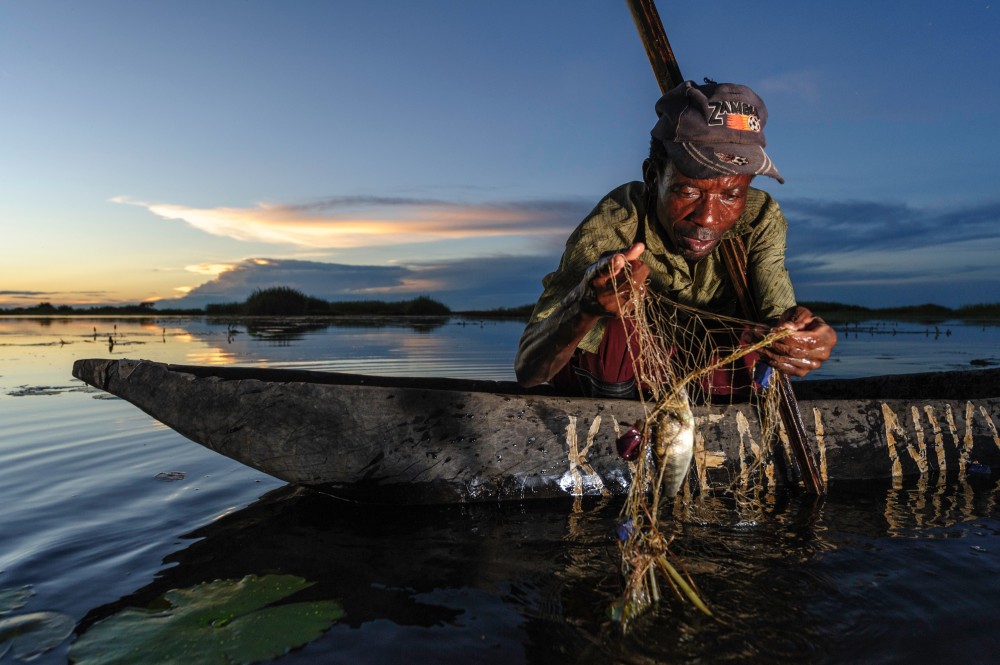To preserve the wetlands for the benefit of people and wildlife, African Parks works with the six communities to sustainably manage Bangweulu’s resources such as fisheries, beekeeping and lechwe harvesting, thus supporting a system where communities are the stewards for the natural resources found in the area. Health and education programmes and community development projects enhance local livelihoods, positioning Bangweulu as the nucleus of a growing conservation-led economy.
Community Engagement
 © Mana Meadows
© Mana MeadowsCommunity engagement takes place across the six chiefdoms through their respective Community Resource Boards and a network of community development facilitators. Regular meetings are held with all six chiefs to nurture these important relationships.
Education and Environmental Awareness
Bangweulu aims to provide quality education that supports economic and social transformation while raising awareness on environmental issues. The newly built Modular Centre in Kabinga was officially opened in March 2022 to advance computer skills for hundreds of children. In addition, students and teachers have been trained in the use of solar-powered pre-loaded tablets called ZeduPads, which enhance teaching and learning. Twelve scholarships were awarded in 2022, bringing the total to 39 sponsored students, including scholars in medicine, nursing and teaching.
In partnership with Book Aid International (BAI) and Zambia Library Service (ZLS), mini school libraries have been established in over 50 primary schools.
Sustainable Enterprise Development
 © Steve Lorenz
© Steve LorenzBangweulu’s robust livelihood programme helps people diversify their incomes through a range of enterprise development projects such as beekeeping, fisheries management, sustainable farming training, and chicken and goat-rearing projects.
With fishing being one of the main sources of revenue and protein for Bangweulu’s communities, it is essential that this resource is protected in a way that allows people to harvest without depleting supplies. Community engagement programmes to promote fishery regulations have enhanced compliance with the fishing ban, and reduced the use of mosquito nets to catch fish.
Community Infrastructure Development
A Community Development Fund provides financial resources to support several important infrastructure projects including the renovation of health facilities, creation of teacher housing, and a marketplace building. A Reproductive Health Programme launched in 2016, receiving overwhelming support from communities, and six years later, Bangweulu partnered with Charlize Theron Africa Outreach Project (CTAOP) to promote reproductive health programmes. The project includes mobile health clinics, and conducts family-planning sessions and reproductive health and awareness programmes for the youth, benifitting thousands of community members.
